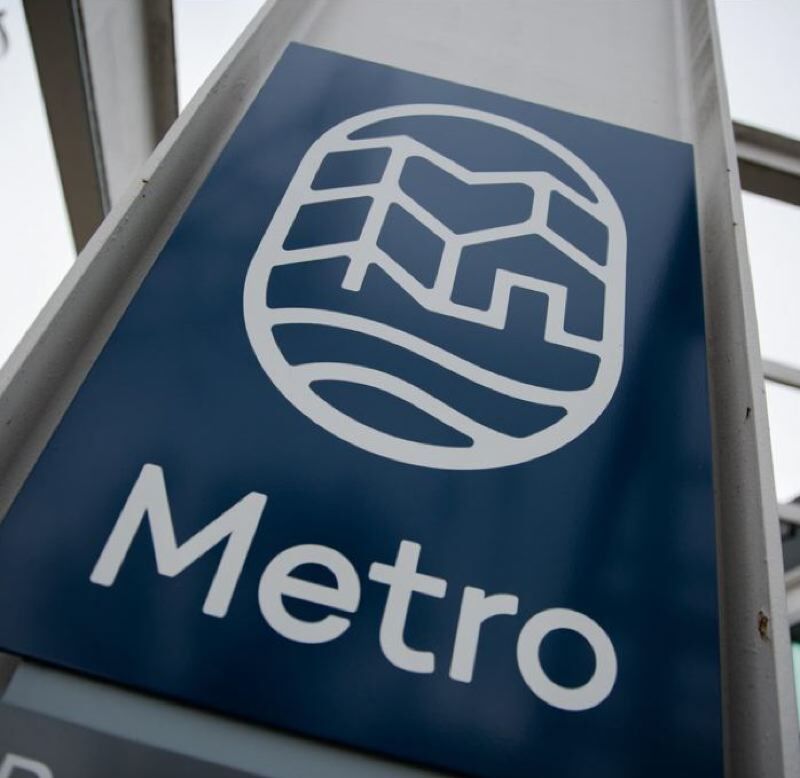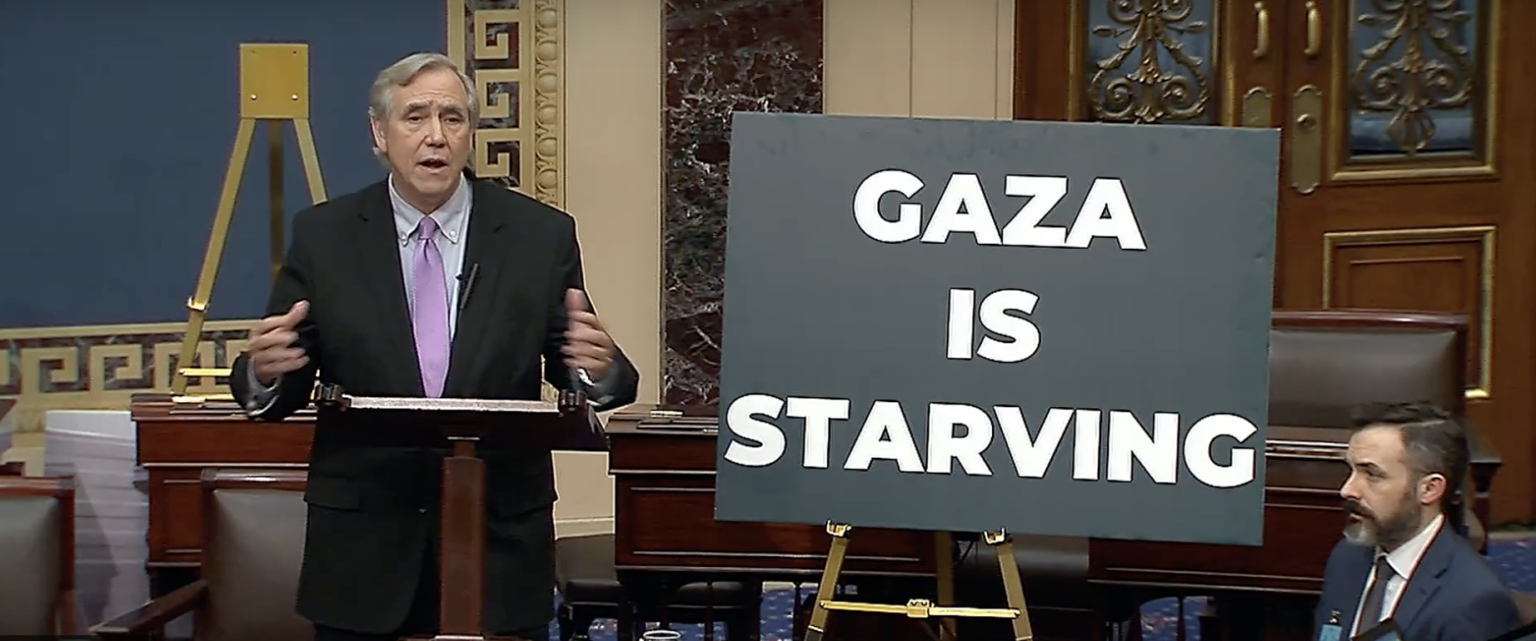Businesses to appeal legality of Metro’s tax collection rules
Published 12:00 am Thursday, June 24, 2021

- The Metro logo outside its headquarters.
A coalition of Portland-area businesses is vowing to appeal a Multnomah County Circuit Court judge’s decision that Metro’s rules for collecting its new income taxes for homeless services is legal.
Trending
Judge Steffan Alexander issued the ruling on Wednesday, June 23. The elected regional government had asked the court to validate the rules it adopted to collect the taxes that were approved by voters at the May 2020 primary election. The coalition had challenged their legality because they are different than the Oregon’s rules for collecting state income taxes.
“We are pleased the court has validated Metro’s authority and actions to implement the direction of the voters, who recognized the urgency of establishing and funding regional solutions to the homelessness crisis. The court’s decision validates the home-rule authority voters authorized in 1992 to address issues in greater Portland that cross city and county lines, and Metro fully expects it to be upheld on appeal,” said Metro spokesperson Constantino Khalaf.
Metro admitted its rules are different, but Alexander ruled they are legal because they were adopted under Metro’s home rule charter, which was approved by voters in 1992, not state laws granting the regional government taxing authority.
Trending
“Although we are disappointed with the judge’s ruling, it is not the final decision in this matter. Our coalition intends to appeal this ruling immediately and continue the effort to compel Metro to meet its constitutional obligation to comply with state law,” said Andrew Hoan, President & CEO of the Portland Business Alliance, Greater Portland’s Chamber of Commerce, which is a member of the coalition.
The ruling means that some individuals and business will have , and some of them will pay more in taxes than if the rules were the same.
The measure is intended to reduce homelessness by providing services to the chronically homeless and those at risk of homelessness. It imposes a 1% marginal income tax on people who make $125,000 annually or couples who earn $200,000 combined. It also includes a 1% marginal income tax on businesses that generate $5 million annually.
Before the election, Metro estimated the measure would raise up to $250 million a year for 10 years. More recently, Metro has said it may only raise up to $180 million a year before of last-minute changes and the effects on the pandemic.
The funds will be distributed to Multnomah, Washington and Clackamas counties to support services to help prevent people at risk of losing their homes and to help keep the chronically homeless in their subsidized housing. The counties were required to submit plans for spending their share of the funds to Metro for approval.
The measure took effect Jan. 1. Metro is contracting with the city of Portland to collect the taxes on its behalf. The Metro Council has approved spending plans submitted by Multnomah, Washington and Clackamas county that take effect on July 1.
“The Metro Council has approved our county partners’ implementation plans after careful review and engagement, and we are ready to move forward, together, on July 1st,” said Khalaf.







